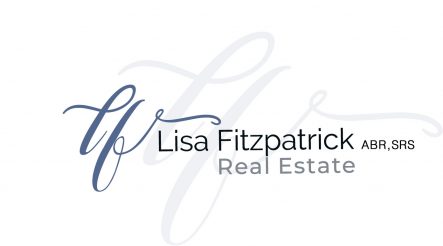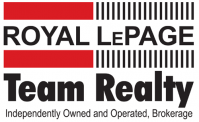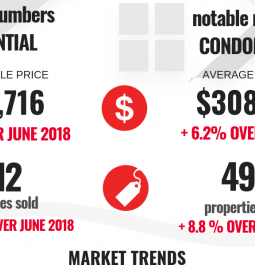REAL ESTATE NEWS
with


Post Flood 2019: What to do as the Water Recedes
In the last few weeks, parts of the Ottawa area have seen record flooding and with the water slowly receding, it’s now time to think about the next steps. Whether you are a homeowner affected directly or just want to lend a helping hand, there is still a lot that will need to be done. […]
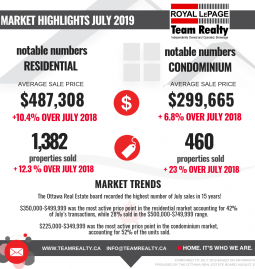
Real Estate Market Snapshot: Hot Market in a Scorching July
The Ottawa Real Estate Board recorded the highest number of July sales in 15 years! Real Estate Market Trends and Highlights July 2019 1,842 residential properties sold on MLS® in July 2019, compared with 1,605 in July 2018, an increase of 14.8 per cent. 1,382 in the residential-property class, up 12.3 per cent from a […]
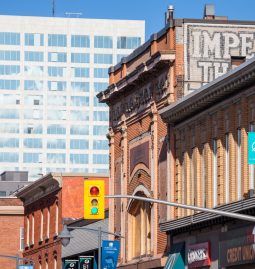
What's in a Name? A Street Name That is….
Have you ever gone for a walk around your neighbourhood and stopped to think where the street names may have come from? In Ottawa alone, there are almost 10,000 unique names for streets and this number grows almost every day! Street names come from a variety of sources and can have significant meaning or none […]
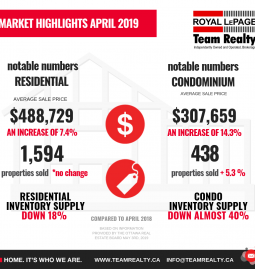
Ottawa Real Estate highlights & Market Snapshot April 2019
Ottawa Real Estate Highlights April 2019: There's been an upward pressure on prices due to the continuing lower supply levels (residential supply is down 18%, and condo inventory is down almost 40% from last April 2018 according to the latest OREB stats). However these price points are "still well under the Canadian average, and our […]

Selling Your Home Yourself May End Up Costing You
It may seem tempting, to try and save money on commission, to sell your home yourself but it’s important to consider all the factors. In a lot of cases, sellers who choose to go this route do not come out ahead so let’s look at why. What are You Really Saving? Let’s use as […]

Ottawa's Eco-Friendly Communities to Watch
While lots of work is being done at all levels to ensure that the City of Ottawa as a whole is as eco-friendly as possible, there are a few communities that are leading the way. Everyone can make a difference, no matter where you live, but these neighbourhoods were designed with the environment in mind. […]

Why Summer Can Be a Great Time To List Your Home
Everyone knows spring tends to be the real estate "busy season" but that doesn’t mean that you are too late to list your home now that we are coming into summer. Summer can be a great time to list, specifically in the greater Ottawa area. Buyers purchase homes year round and there are certainly advantages […]

Getting Ready for a Move
As the end of April approaches, many people in Ottawa are preparing to move. Whether you bought or sold in the busy spring market, it’s time to start packing! Packing is often everyone’s least favourite task in the moving process but just remember, there is a light at the end of the tunnel; before you […]
CONTACT LISA TODAY
Get In Touch




Lisa Fitzpatrick ABR, SRS
Sales Representative





The trade marks displayed on this site, including CREA®, MLS®, Multiple Listing Service®, and the associated logos and design marks are owned by the Canadian Real Estate Association. REALTOR® is a trade mark of REALTOR® Canada Inc., a corporation owned by Canadian Real Estate Association and the National Association of REALTORS®. Other trade marks may be owned by real estate boards and other third parties. Nothing contained on this site gives any user the right or license to use any trade mark displayed on this site without the express permission of the owner.
powered by WEBKITS
